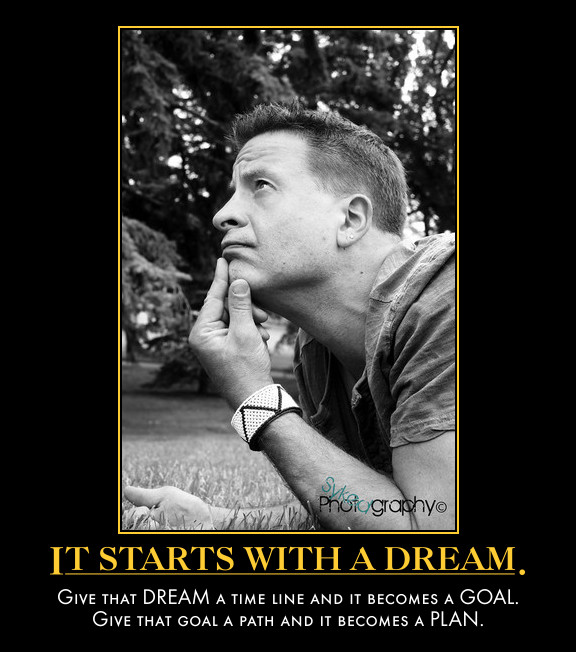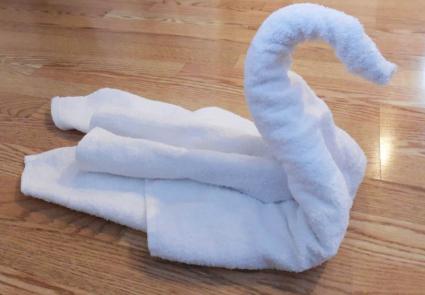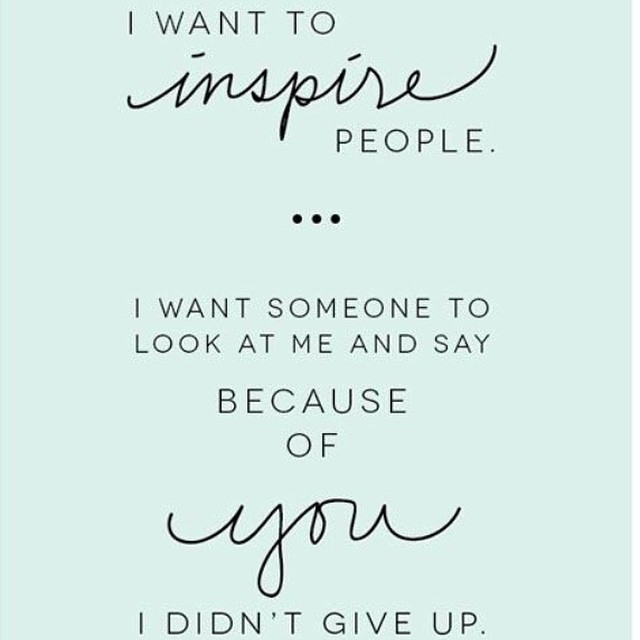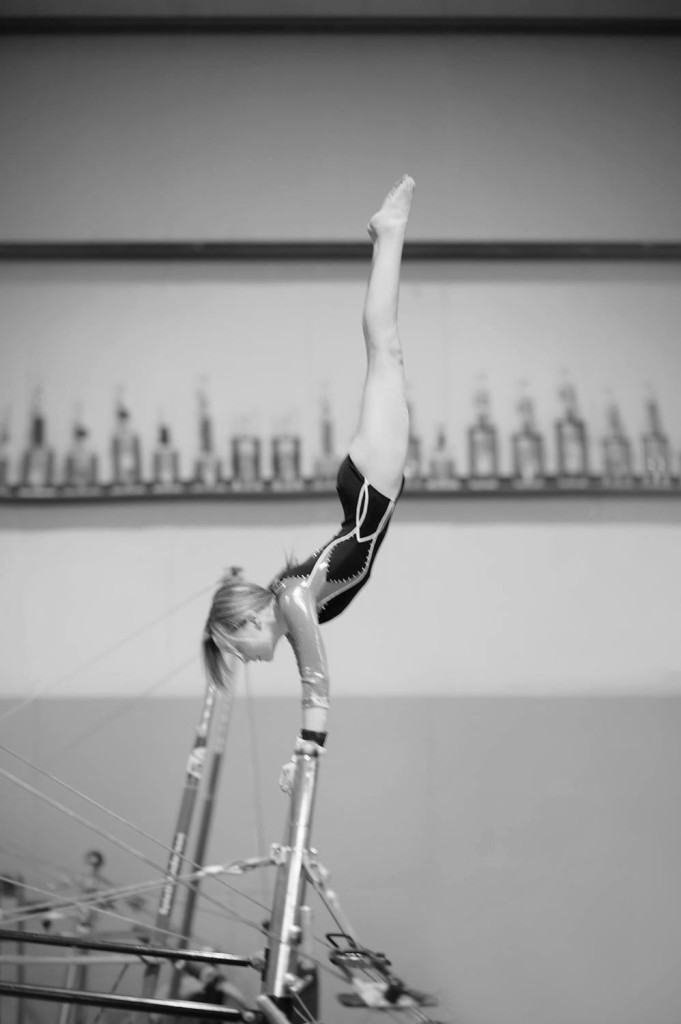In my opinion, to be a great gymnastics coach you need to learn to ask the right questions. Be willing to ask the hard questions others are unwilling to ask. Here are some questions I find myself asking quite often:
What is the difference?
Can I replicate that?
Will that work in a different environment and situation?
Is that result an outlier?
Where do I go from here?
How do you dial it up or dial it down?
Is what I am doing dependent on the facilities, equipment and technology?
Can I do it without facilities, equipment or technology?
How can I measure the effectiveness of my training program?
Where can I get new ideas?
Who or what inspired me today?
Where do I want these gymnasts to be in a year? 5 years? 10 years?
What am I personally doing to get better as a coach?
Where will the biggest gains in our sports come from?
Have I mastered the basics as a coach? Have the gymnasts mastered the basics?
Do I review the basics everyday?
Is my technical model sound?
Who is my alter ego? Who keeps me on track and honest?
Is what I am doing proactive or reactive? Why?
Who are my role models?







